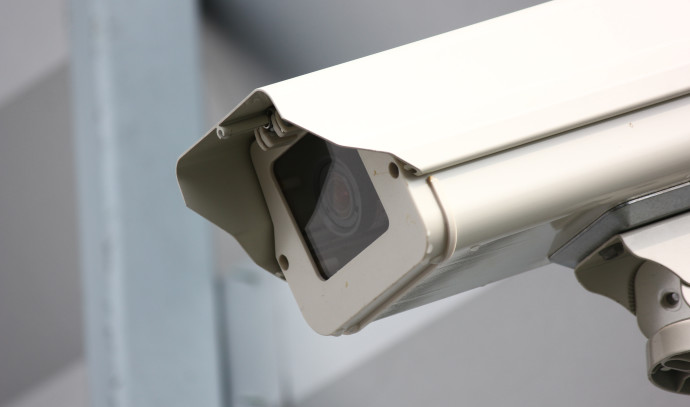Most of the cameras that Israel Police is using to monitor the country as part of the “Hawk-Eye” project are made in China, and in particular manufactured by Dahua. The police are also making use of cameras from Chinese company HikVision. These two companies have been removed from the national infrastructures of several Western countries in recent years.
Dahua and Hikvision were blacklisted in 2021 by the US Federal Communications Commission (FCC) together with Huawei, China Telecom and ZTE, as companies endangering US national security. US Congress also enacted special legislation prohibiting import and sale of the Chinese companies’ products, including the Dahua and Hikvision surveillance cameras, by government companies or any organization that relies on a federal budget.
In the Netherlands, the Amsterdam Municipality also announced that within five years it will replace nearly 1,300 city cameras made in China that were installed on its streets, due to fear of espionage as well as suspicion of complicity in the violation of human rights in the communist country. In addition, as far as is known, due to US suspicions about Chinese cameras, Israeli defense companies like Elbit Systems and Israel Aerospace Industries (IAI) are also required not to use these cameras at all. [Similar moves to ban Chinese surveillance software has been underway across other European jurisdictions - ed.]



It is about quality and cost for the majority of purchasers that worry about meeting a budget. Virtually anybody making purchase decisions on some sort of surveillance system will grapple with that issue. My point is that we all tend to want the best performance for the least cost, and breaking that habit for the less tangible purposes of domestic security or human rights somewhere else is why we will continue to see these articles about Hikvision/Dahua cameras getting deployed at times and in places they probably shouldn’t.